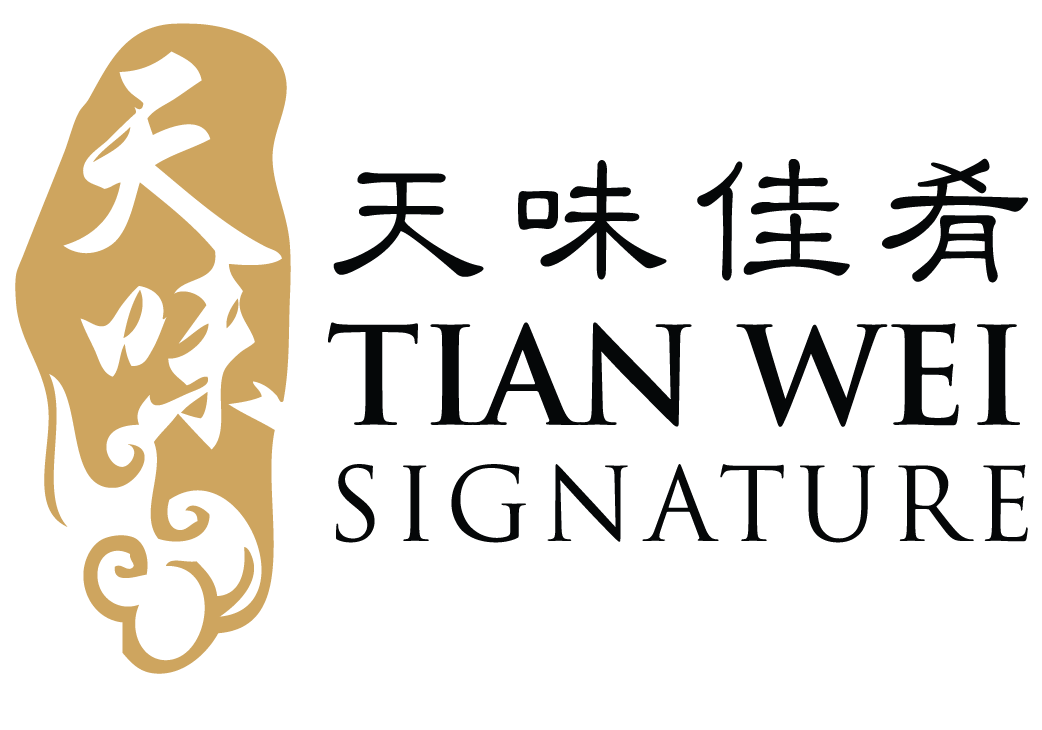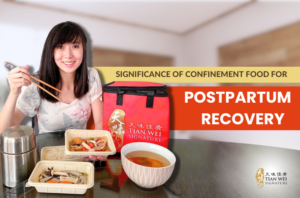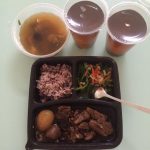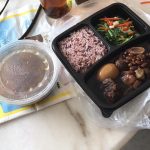81 Tagore Lane, TAG A, #01-11 Singapore 787502 ♦ Reservation : +65 6727 5599
Water Retention During & After Pregnancy: Why And How To Deal With It
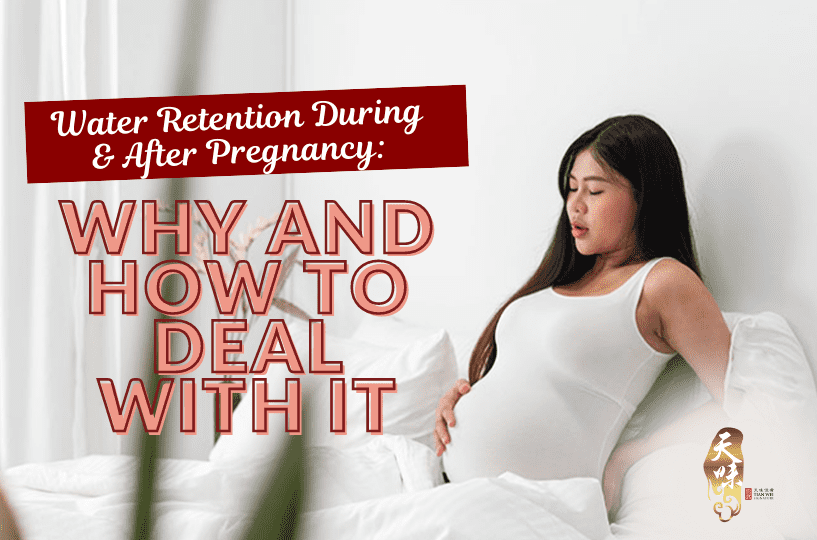
Any woman who has given birth is no stranger to water retention. What it is is the body retaining extra water and causing swelling or edema. It is a very common occurrence in women who are pregnant or who have just given birth, and they experience it in many places including their fingers, legs, and face. While it is not particularly dangerous, it can be risky business if it happens too rapidly. That is not to say that it should be taken lightly as it is very uncomfortable and can affect daily activities.
During Pregnancy
During pregnancy, a woman’s body makes preparations to ease her journey of carrying a big load for months. Her body can produce up to 50% extra body fluids in order to soften up and expand the body, and this process enables her body to support the baby and eventually aid with the birthing process. The first trimester is usually not too bad as the symptoms are pretty mild, mostly occasional puffiness and bloating. It is as one moves on to the second and third trimester that the signs become more obvious.
It is no surprise to see hands and feet swelling more in the final trimester as a pregnant lady approaches labour. At this point, the uterus is so heavy that it is slowing blood flow to and from the legs and heart, causing the swelling to be more intense.
However, water retention during pregnancy does not only occur because of the inner goings-on of the body due to pregnancy hormones. Sometimes, these other factors can contribute to it too:-
- Too much caffeine intake
- Standing for extended periods
- Seating for extended periods
- Possible risk of pre-eclampsia
- Possible risk of high blood pressure
If it is severe and water retention seems to increase drastically, seek advise from your doctor immediately to rule out risk of pre-eclampsia or high blood pressure. Such conditions increases the risk of miscarriages and we do not want that to happen.
After Pregnancy
Water retention after pregnancy is called postpartum swelling or postpartum edema. It happens when the water retained from pregnancy remains in the body after childbirth. But there is nothing to worry about as it can take days or even a couple of weeks for the body to release the excess fluid through sweat and urine.
Dealing With Water Retention Post Pregnancy
If symptoms of your water retention are taking longer than you’d like to go away, there are some ways to speed up the process, the dos and don’ts. Among them are:-
1. Having adequate fluid intake
Drink more fluid when I already have so much in me? How unimaginable!
Or is it?
Having higher intakes of fluids actually helps to flush out the fluids in your body. This way, your body does not keep holding on to the extra fluid as more and more keeps coming. So it is able to eliminate the excess water more efficiently and frequently as you urinate more often. In addition, drinking enough water helps to prevent dehydration so you do not lose more water than you need to.
2. You do not necessarily need to cut out salt
Sure, if you swell up easily from eating salty foods, then cutting out salt may be a good way to go about water retention. However, it is not necessary to cut it out completely. Reducing your intake would be sufficient. This is because postpartum water retention is mainly caused by the body’s changes from pregnancy. So, unless salt plays that big a role, you don’t need to say goodbye to it for good.
3. Massage
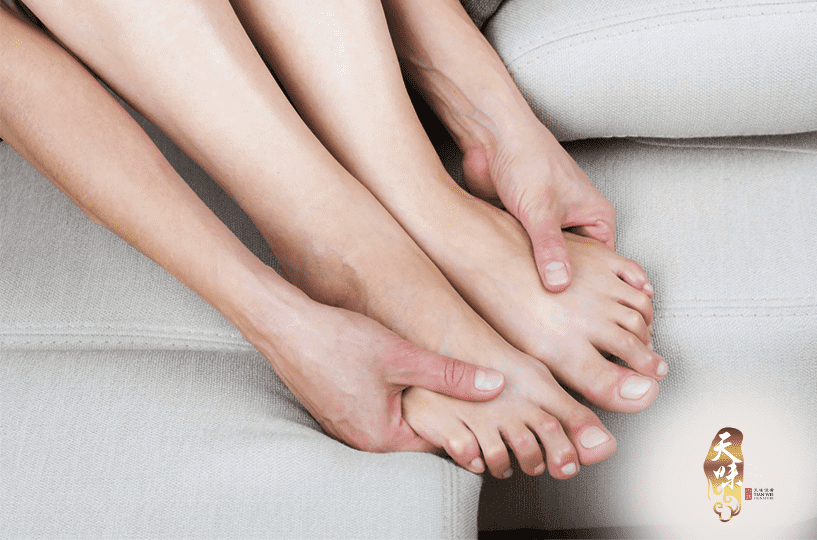
The discomfort that comes from swelling in the legs can be absolutely overwhelming and uncomfortable. A good way to help with the symptoms is a massage that you can do at home. All you will need is either a massage oil or lotion. Firstly, get yourself comfortable on the bed and try loosening your ankles by moving them side to side. Now, hold a foot steady and gently stroke it upwards. Then, move on to your heel and the sole. Don’t forget to get between your toes too. Do this every day for some relief.
4. Taking traditional Chinese medicinal herbs
One of the best ways to traditionally alleviate postpartum water retention is incorporating traditional Chinese medicine into meals. This is why Chinese people take traditional herbs for confinement such as in their confinement herbal soup. Not only are the herbs for confinement helpful in providing relief for swelling, they are nutritious and the soups warm up the body while providing extra hydration. Just be sure that you don’t have any other underlying medical conditions. Do seek clearance from your doctor if you do!
So, if you’re looking to get some delicious and nourishing herbal soup, you’d be pleased to know that we have confinement meals and confinement herbal soup package here at Tian Wei Signature. We have over 40 specially-formulated soups that are healing, soothing, and just so comforting to drink as you recover from childbirth, such as green papaya fish soup, stewed chicken soup, and ginseng soup, to name a few. All you need to do is head on over to sign up for our package. You won’t regret it!
